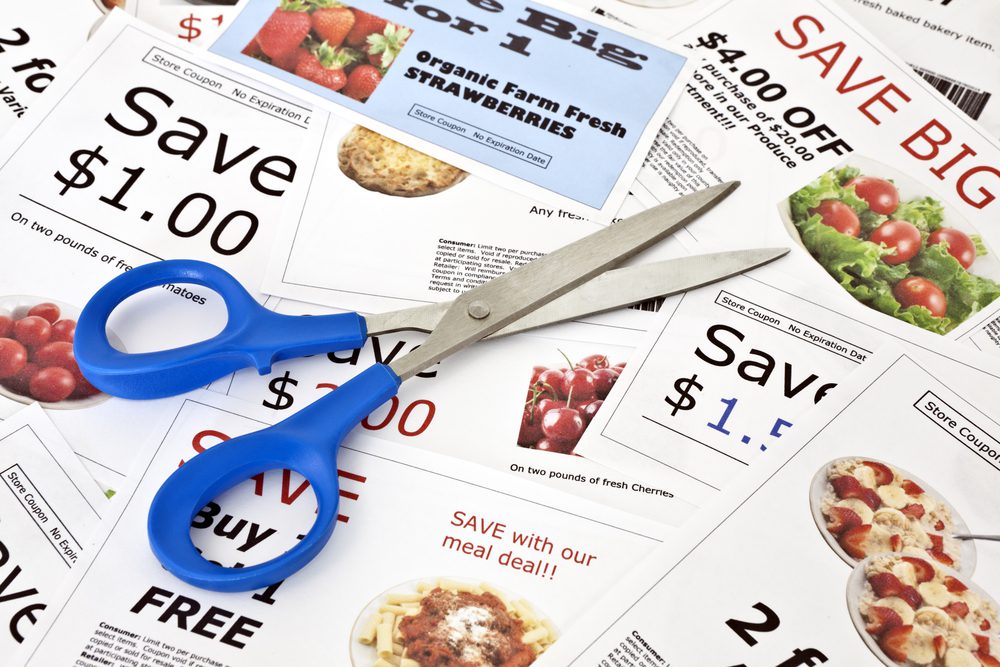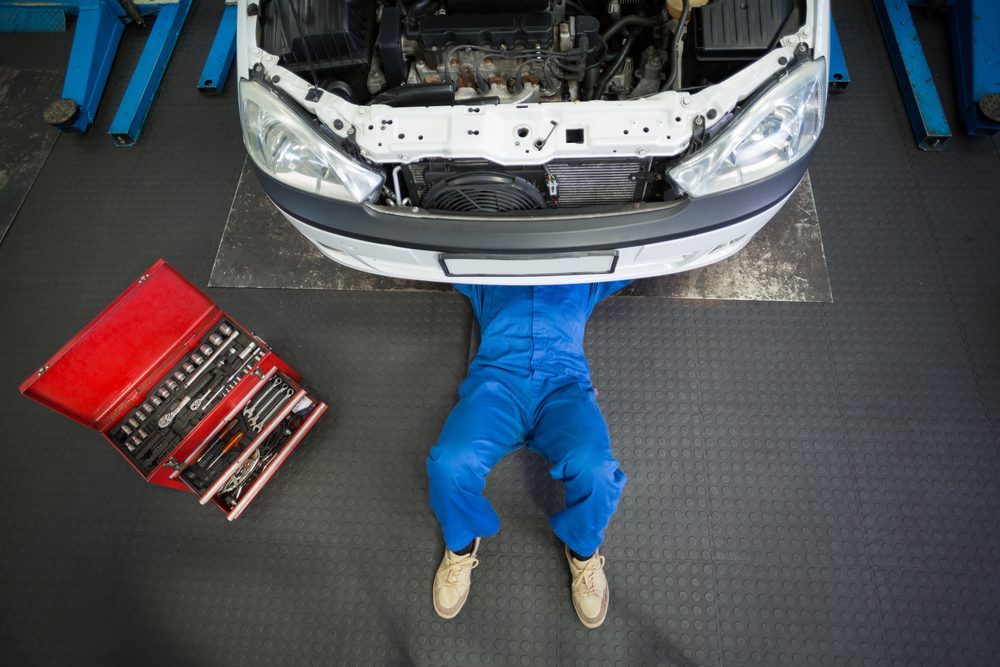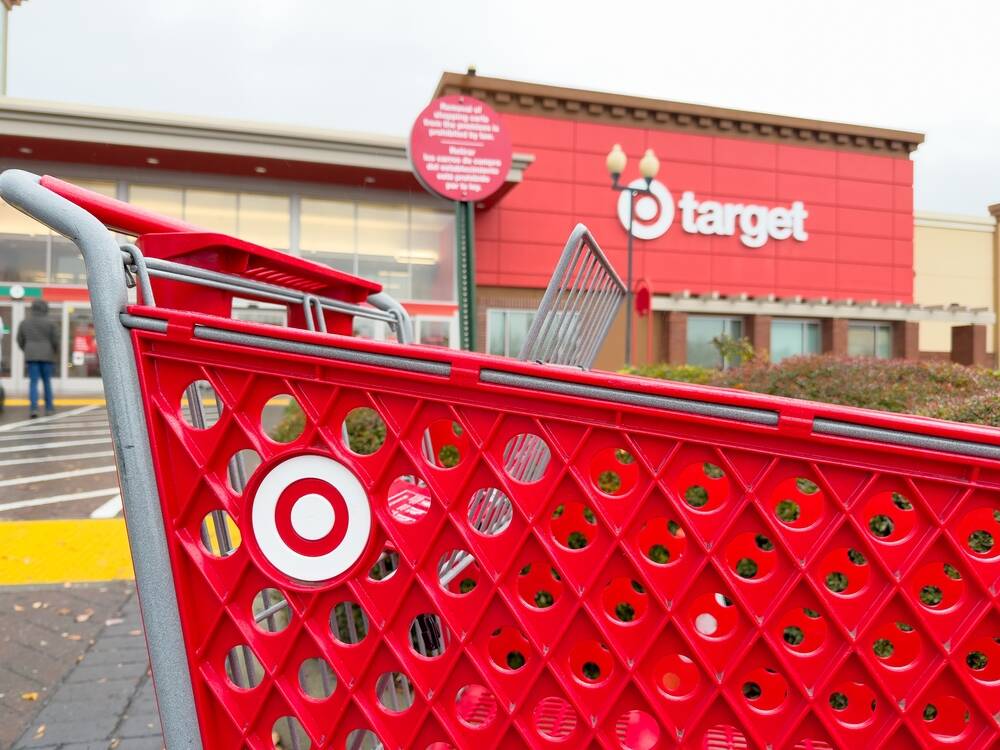One of the easiest things you could ever do is assume that once you become frugal, you will save money like never before. But here’s the trick: you might think you’re saving when, in reality, you’re not. You might have the best possible intentions, but sometimes frugal people make decisions that are anything but frugal. It’s only human.
We all make decisions that are less than ideal from any long-term financial perspective we might have predicted. If you want to know more, so you can avoid making exactly the same mistakes as others, here are 10 wasteful things that most frugal people do:

Using coupons the wrong way
If you want to be frugal, then you probably protect that little piece of paper that lets you get something for 20% off with your dear life. However, before you go shopping again, it would be advised to reflect on that specific item and decide if you really wanted to purchase it or if you’re getting it just because you have a coupon.
It’s important to remember that coupons exist so customers will feel compelled to buy more. So don’t fall into that trap! If you are about to spend some money that you wouldn’t otherwise spend, no matter the product, you won’t be saving money. The only golden rule in this money-saving game is not to spend it.
Buying in bulk without a plan
We can all agree that buying in bulk saves you money over time, so there’s nothing new on the Western front when it comes to this. It’s better to buy in bulk when it comes to products that you use on a daily basis, from toilet paper to cooking oil and napkins.
They are all great candidates for shopping in bulk. However, when it comes to perishable food products, you shouldn’t be so sure: if you buy too much, it might waste away. You need to consume it as fast as you can; otherwise, it might end up in the trash, and that would be a waste. Also, try to avoid buying in bulk if you’re not sure you’re going to love the product.
Failing to seek quality
A frugal individual would never spend more than he or she has to, and yet, this doesn’t mean that you always have to buy the cheapest thing out there. In most cases, cheap equals low quality, which means more money to spend.
A cheap bicycle costs less because it has been made with lower-quality materials, which means that it won’t hold up on the first week-long mountain biking trek you planned. Sometimes, saving money means spending a little bit more, and it definitely means searching for products that represent the perfect blend between quality and price.
Trust me, in the long run, you’ll be better off financially if you spend a few extra bucks on something that lasts longer.

Delaying repairs
On the same note, let’s talk about repairs. Spending more money on a great investment, such as repairs, might save you from a bigger bill down the road. If you are extra frugal and your impulse thought is to forget about that missing shingle on your roof or the fact that your faucet is leaking water, you might regret it, because the same leaking faucet and shingle might lead to bigger damages, costs, and a waste of your time and energy.
Even if you feel that you’re saving money today, you might end up paying more tomorrow because, when it comes to repairs, you simply can’t avoid them.
Keeping too much cash in savings
This might seem a bit counterintuitive, but ultra-frugal folks tend to be ultra-conservative when it comes to proper investments, and they would rather keep their money in sight, which oftentimes equals low-interest savings accounts.
I know the process behind such a decision: it brings more peace of mind, or that’s your impression. In reality, it might cost you thousands of dollars in possible financial gains. Naturally, it’s important to have an emergency fund, but only a few financial advisors would advise you to keep your money in cash accounts.
So maybe reconsider how much liquid you actually need and invest all that extra cash in index funds.
Chaotic eating habits
Eating “healthily” comes with its challenges, and few people will tell you that these challenges are oftentimes financial. Who wouldn’t agree that it’s much cheaper to eat at McDonald’s than to make a fresh fruit smoothie at home?
The thing with healthy eating goes like this: today you’re spending less on food, tomorrow as well, and so on. It seems like a plan, right? But in the long run, you’re risking your health, which, in case you didn’t forget, costs a lot more.
Some of the riskiest conditions, such as obesity, diabetes, and heart disease, might cost you more than a thousand smoothies. So go and prepare that smoothie; you’ll thank yourself later.
Skipping insurance
Even if you’re still young and in shape, this doesn’t mean that you shouldn’t consider spending money on health insurance. You might think that it’s not worth spending all that money on auto insurance because you’re a cautious driver and you know the rules.
That’s great, but this is about investments. While it’s totally understandable to shop around for the best rates out there, there’s still an increased risk of being underinsured. Even if now we have the passage of the Affordable Care Act, patients are still on the hook for thousands of dollars, and compared to those bills, insurance costs much less.
Think of it like this: in the long run, bad insurance might result in higher costs.

Avoiding taking a vacation
Frugal folks might see a vacation as an extravagance, but it’s not. There’s absolutely no doubt that trips can end up being super expensive, but refusing to take time off work or not spending a dime on any kind of relaxing or recreational activities might affect your health.
Not to mention that you’re wasting away your vacation days. Besides, there’s increasing evidence that avoiding vacations might turn out to be bad for you and your employer.
Saving too much
If you’re compulsively saving everything because you simply can’t face the idea of throwing things away, I want to show you another way of seeing things. Let’s say you keep those old video games, your first record collection, and all the clothes your kids ever had.
At some point, all that stuff will pile up, and even with a huge attic, you’ll still need to relocate at some point. Or what if you’d have to pay extra bucks for a storage unit? Because as time goes by, the piles are only getting bigger and bigger.
Turn your home’s heating and air conditioning on and off
It’s only natural to think that you should turn off the TV if you’re not at home. But here’s the thing: in reality, turning it on and off a couple of times a day will use more energy. If you plan on saving money on energy, get yourself one of those programmable thermostats with varying temperatures throughout the entire day. You won’t have to turn the heat or your air conditioning on and off again.
If you want to learn more about frugal behavior, here’s what you need to know: Can You Live Frugally AND Look Rich? Yes – Here’s How!








